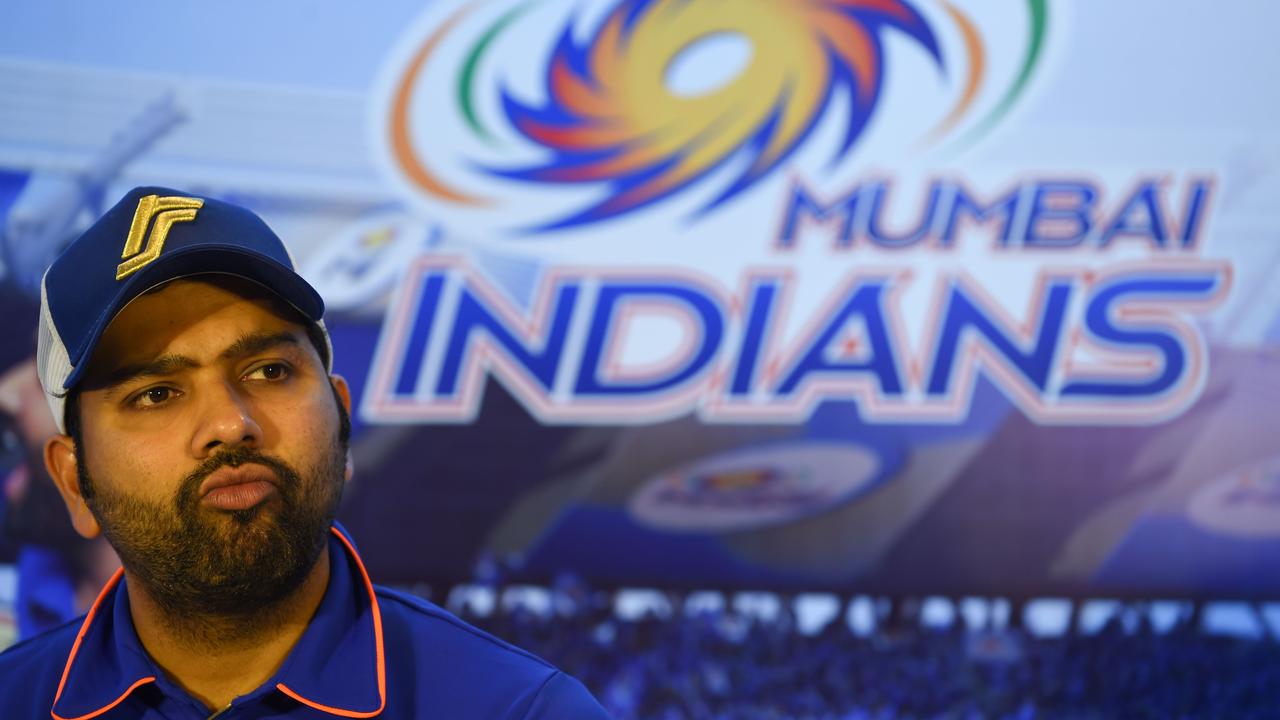Ball-tampering scandal: System that rewards wins over worthiness
What are they thinking? What are they thinking right now? In their five-star hotel rooms, on their comfortable bus, in their fortunate, privileged, sequestered and sometimes rather lonely lives, how are Australia’s cricketers feeling, about themselves, their game, their careers, their disgrace?
Contrite? Angry? Disoriented? Demoralised? Test matches render irrefutable verdicts on superiority, and defeat smarts. But one can normally fall back on the faith and love of one’s home supporters. Steve Smith’s team thought that their problem was with South African fans; there’s nobody to complain to about their own.
Chances are that they’re mainly confused. After all, from one point of view, they cut an ethical corner that is routinely sideswiped, against the team, South Africa, that is proven to have done this most often.
Has every action that engendered the sometimes extravagant degrees of reverse swing seen this series been strictly kosher? Probably not. So in that sense their misfortune was getting caught. No cameras, no problem.
Some part of them, however, will know that it is otherwise, and be aware of the odium in which they languish. They are young, impressionable, brittle, habituated to the currents of social media and the oxygen of acclaim. And this is where it will grow really confusing, in that they are being execrated for behaviours that have previously brought them rewards and approbation.
Not cheating, obviously. But their bungled ball-tampering has been only a final step on a journey to their countrymen’s disfavour. The public had already wearied of the players’ unapologetic truculence, and their self-justifying protestations that they just play cricket the Aussie way.
A common chain of reasoning since the Australians’ admission has been to wonder why senior and junior team members slipped so heedlessly into malpractice. Did they not pause? Did they not reflect? Did they not consider that what they were doing was technically illegal, morally wrong, potentially disastrous?
No: and not, I think, because they are particularly wicked or conscienceless, but because that capacity to find an advantage, to simplify and compartmentalise, to live entirely in the moment, forgetting the past and ignoring posterity, is routinely called “focus’’, and exalted to the skies.
Focus is, by definition, an act of narrowing, and narrowing is the essence of modern professional sport, which excels at nurturing specimens who will subordinate all to the business of skill acquisition and constant surveillance, the pursuit of individual excellence and collective goals. Ethics goes easily by the board. And victory, of course, excuses everything.
It has become quite a jarring experience to listen to Australian cricketers over the past few years. They have come to sound almost absurdly alike. Part of this is an outcome of the stultifyingly boring lives they lead and the sterilisation of their interaction with the outside world, consisting chiefly of media conferences where they pretend to talk and we pretend to listen.
But at times the team has sounded almost cult-like, repeating a monotonous chant about “good, hard Test cricket’’, “opening scars/cracks’’, and our old friend “the line”, the “headbutting” thereof.
David Warner has always exhibited a tendency to such free associations, but others have slipped into similar vein. On the eve of the first Ashes Test, for example, Nathan Lyon, once was a refreshingly affable contrast to the norm, went off on a frankly weird jag about his “scared’’ English opponents: “Could we end some careers? I hope so.’’ It was like listening to a ventriloquist’s dummy.
Is this, one has wondered, how cricketers get on? Is it why a Matthew Wade supplants a Peter Nevill? Is it why players with minds of their own, a Glenn Maxwell or a George Bailey, do not seem to progress? Is this why a Cameron Bancroft receives such praise for his unswerving dedication to “the team’’? Has selection become a search not for talent but for type? After all, the coach is a selector, and where “the line’’ is concerned he is the greatest proselytizer of all.
I had the opportunity to interview Bancroft 18 months ago, at some length. Nice lad. Courteous. Thoughtful. Had played trumpet at high school. Cherished the opportunity to play The Last Post because of an uncle who had served in Vietnam. Interesting things to say. Said them well. Also desperately perfectionistic; to an almost disconcerting degree consumed by his career. The kind of young man who if asked by a coach would run through a brick wall; not the kind who would reply: “If the idea is to get to the other side, coach, why don’t I just walk around it?”
As we parted, I felt strangely worried for him. How would he cope if he did not achieve what he wanted? How would he cope if he did?
So by all means pillory these cricketers. They deserve it. They have been foolish, wilful, sneaky, and hypocritical. But don’t omit the role of the heartless system that fostered them, that demands “high-performance” rather than worthy performance, that is concerned for its votaries only for so long as they remain of use, and will discard them unsentiment-ally when they are done.
Because the other group that did not see this coming is Cricket Australia, despite their own weird cult of “fans first’’, which is actually shorthand for “consumers first’’, and in which the game of cricket often seems a concern anterior to the monetising of same. What are they thinking?
Because they have a very great deal to think about.




To join the conversation, please log in. Don't have an account? Register
Join the conversation, you are commenting as Logout